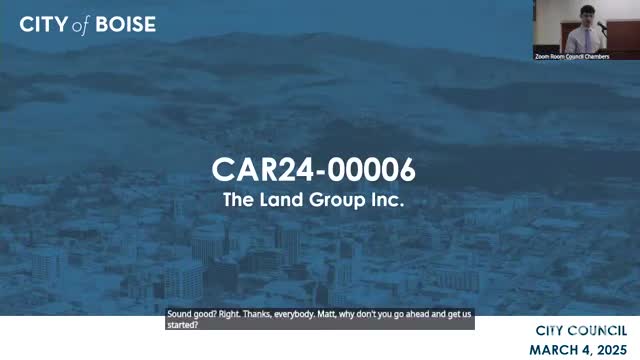Article not found
This article is no longer available. But don't worry—we've gathered other articles that discuss the same topic.
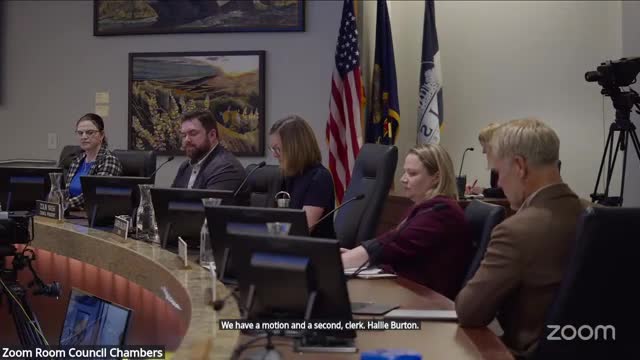
Council approves two zoning ordinances changing land-use classifications at West Overland Road and South Eagleson Road
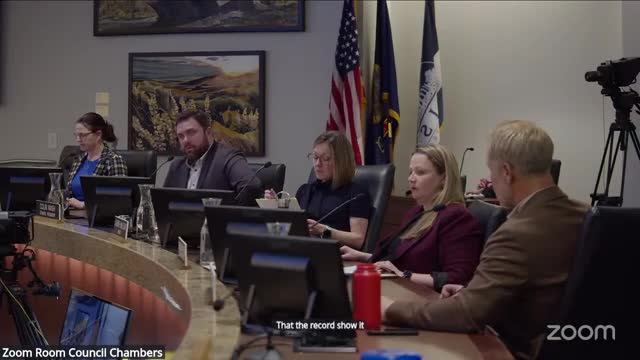
Council adopts ordinance increasing reimbursement rates to Republic Services for solid-waste services
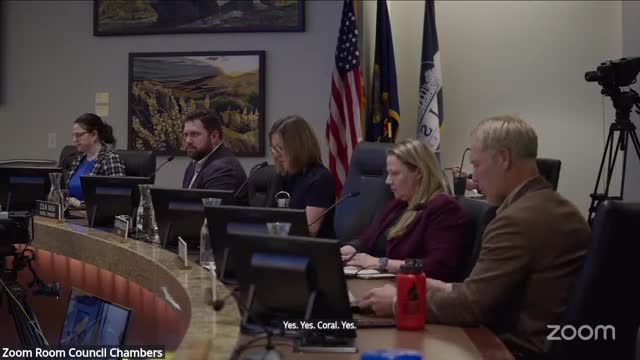
Boise accepts Harris family donation of geothermal water rights to quadruple downtown system capacity
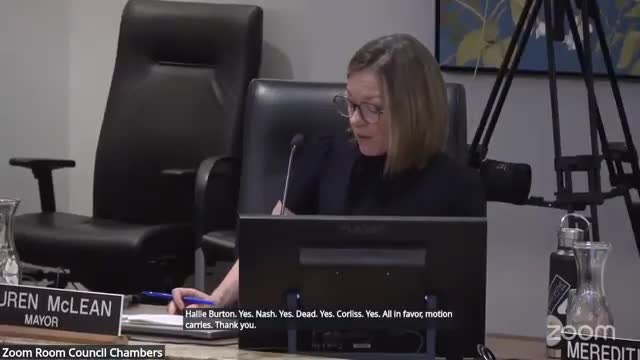
Council approves 8-lot subdivision at 3514 N. Colchester with public pathway and frontage improvements
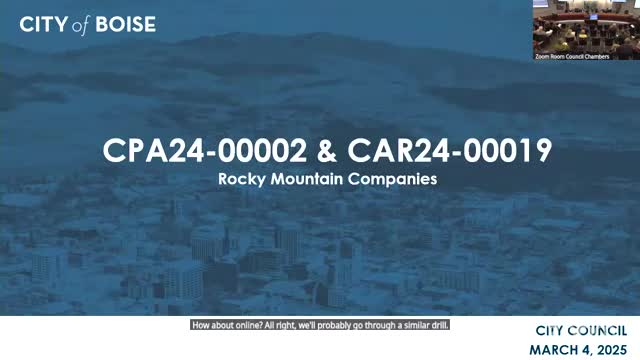
Council approves annexation and area-of-city-impact amendment for 3.1-acre parcel near Eisenman Road
